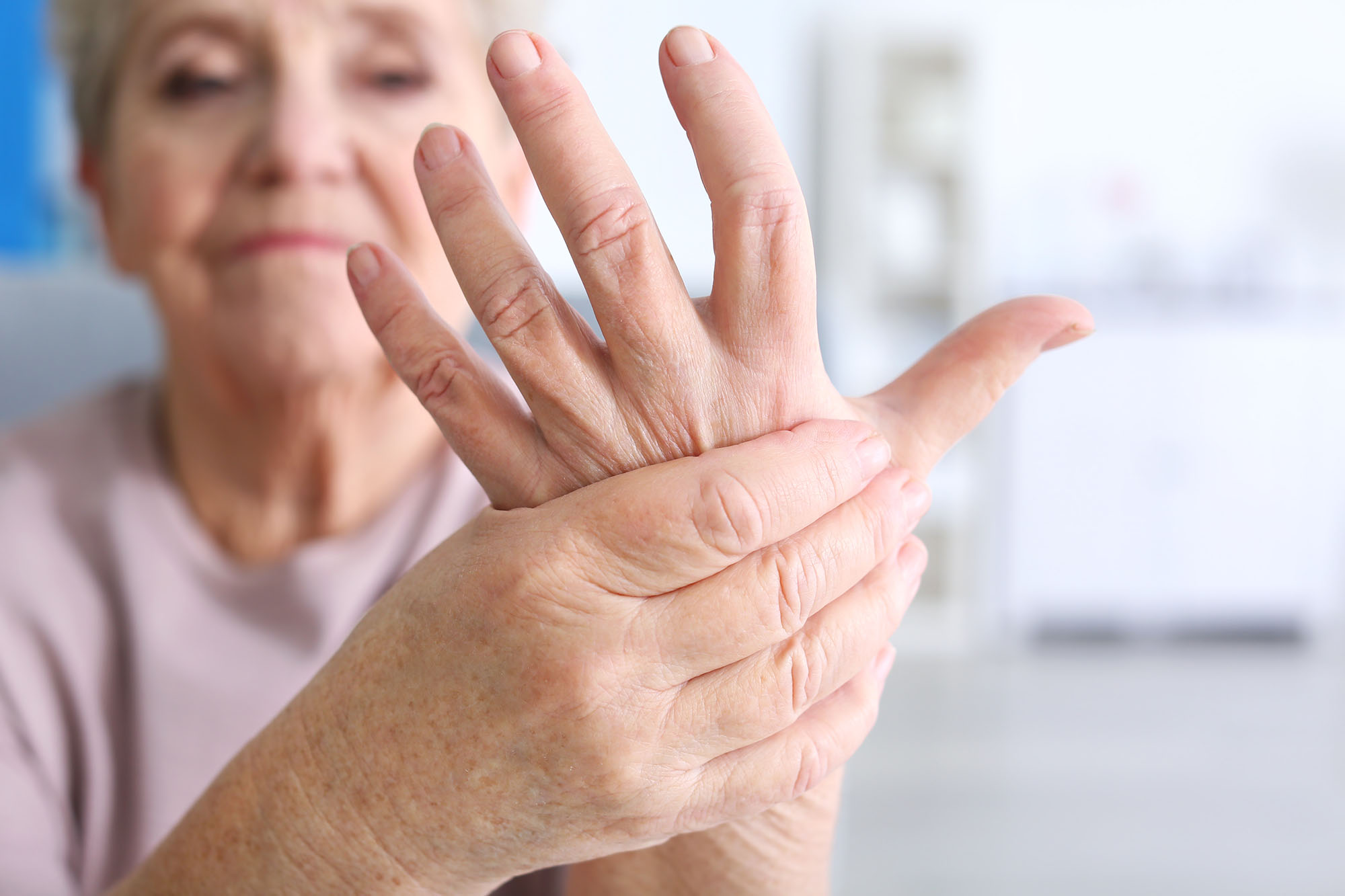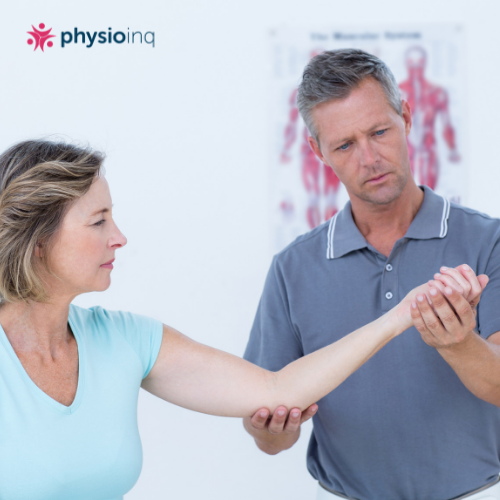
Improve Your Joint Health | Make Habits Not Resolutions
Monday, February 18, 2019
To our dear patients and friends, welcome to the new year. For many the new year is a time to celebrate and hope for what's to come. For others it may been dampened by the loss of a loved one or life altering injuries. I've seen both in my clinic so I wanted to write this article so that no matter your situation, you would be encouraged to make even the smallest of changes to take care of your health and make life a little bit easier this year. While money comes and goes, our health lasts our whole life. It is what makes the difference between enjoying a trip and hoping for it to end.

Many people who become health conscious make resolutions so they can turn over a new leaf. Those wiser have tried and failed and so cease to attempt any resolutions whatsoever. When it comes to your health, I think it follows the same principles for building anything that lasts. Rather than making resolutions, changes that will stick comes from changing your habits one at a time. Over time, you'll be able to look back and see that you are not who you were. Biology confirms this - you get a new body every 7 years where every cell has been replaced. I like the saying ‘we are what we repeatedly do' for our lives consists of how we spend every single second. As a physio- therapist here are 4 habits that I would recommend as steps towards living pain free year.
1. Move your joints through their complete range of motion each and every day
To prevent degenerative changes like disc herniations and osteoarthritis, our joints need to have continual circulation to keep it alive and recycle waste products. Without controlled movement, they lose sensation and the movement they need to age well. 5-10 repetitions is enough and they can be done anytime and anywhere. A helpful routine can be viewed below from our friend Ian Markow
2. Walk briskly (not running) for at least 120 minutes a week.
I would recommend 4 days of 30 min walks. These will help you and your heart adapt to stress, manage your mood and even improve your creativity.
3. Practice strength training (movements that exhaust you after 10 repetitions) at least twice a week for 30 mins.
This will help to prevent and often even reverse age related changes such as osteoporosis, osteoarthritis, tendinitis, bursitis, and countless other problems. Who doesn't like being strong? Strength keeps your mentally resilient against the physical stress of life.
4. Breathe deeply for at least 10minutes a day.
This is the calm amidst the chaos. Our breathing is the only conscious control we have to our heart rate and therefore our fight or flight response. Are you stressed, anxious or sleeping poorly? Chances are that you'll be in a stressed state and breathing will help you with that. It is the calm amidst the chaos. Learn to control your breathing and you will be able to control your oxygen levels, heart rate, pressure, your mood and even improve control over your physical activities. You'll also be able to keep your organs moving well.
While these recommendations can be quite overwhelming to implement all in one go, even choosing one habit will help immensely over time. It may be helpful to spend a couple of months working on one before trying to adapt to another one. It's a slower but surer way of changing your body. Here's hoping that 2019 will be a step towards better health for you and your families.
